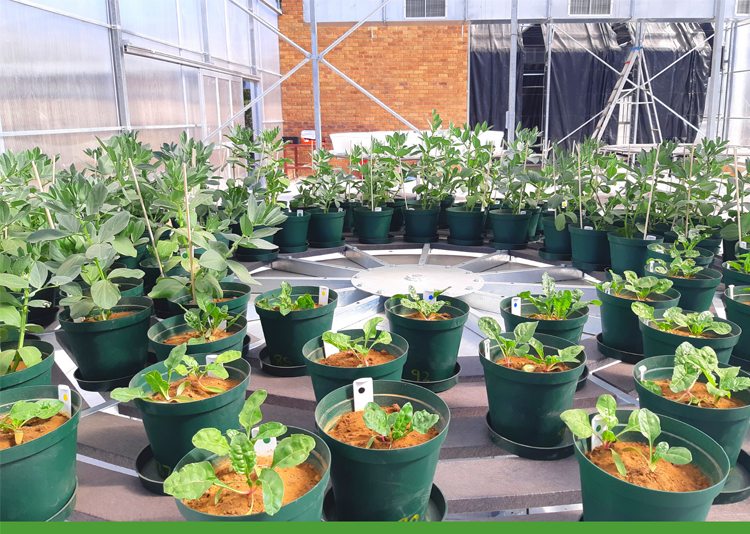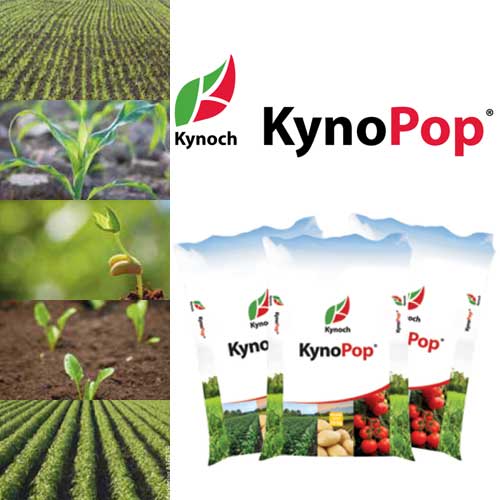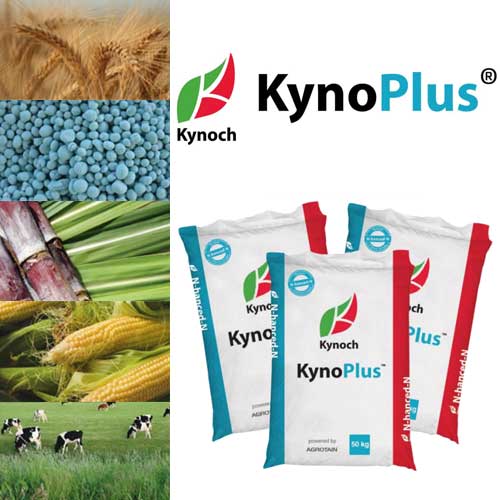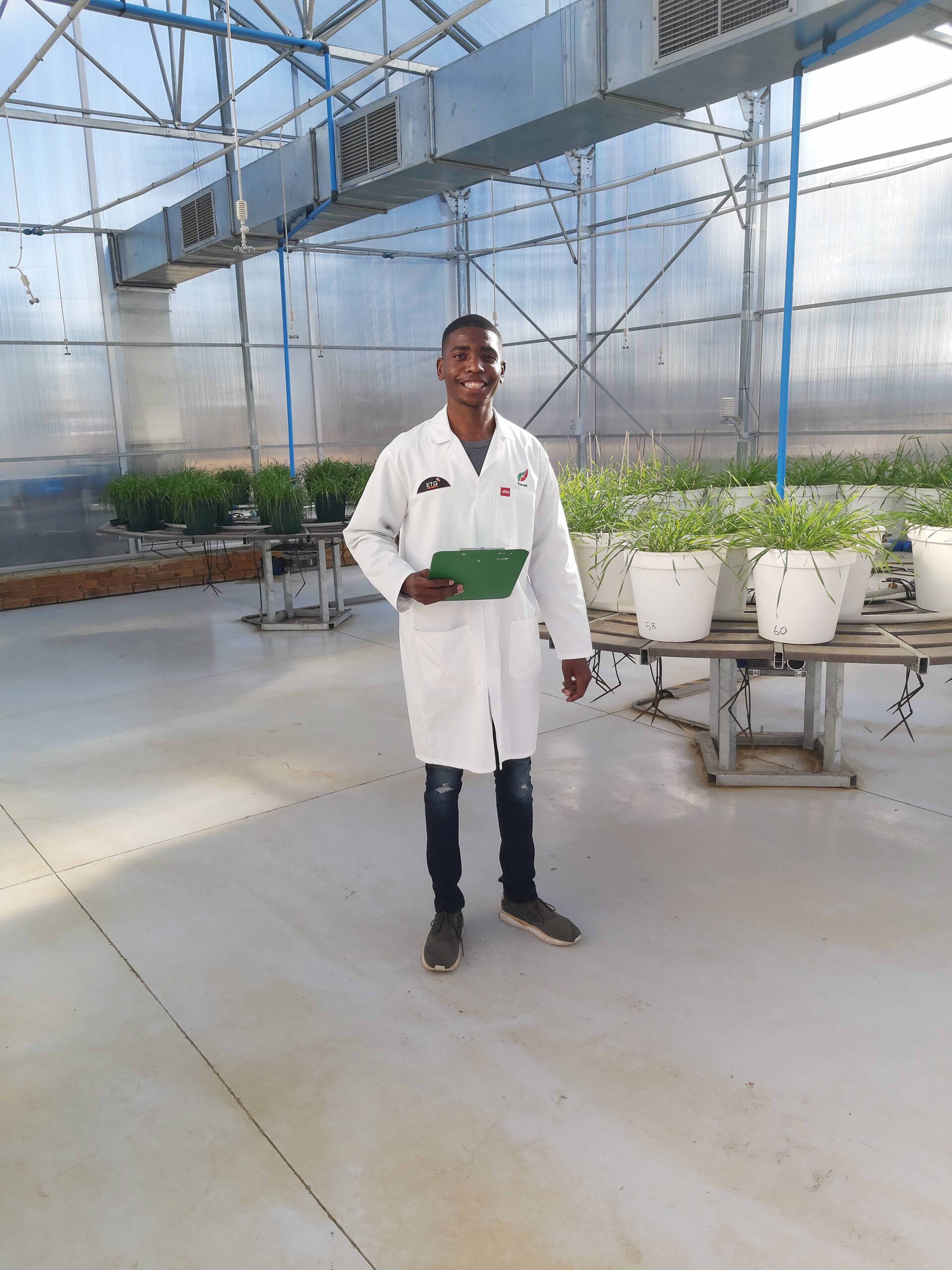Choose Kynoch for Proven and Effective Plant Biostimulants
Like all living things, plants require a wide range of chemical nutrients to grow, thrive and reproduce. In the case of plants, these substances may be present in adequate quantities in the soil or might need to be added in the form of natural or synthetic fertilisers. To help fight pests and diseases, spraying crops with pesticides may also be necessary. However, plants are often exposed to other sources of stress, including extreme temperatures, high soil salinity levels and drought. To resist these so-called abiotic stresses, they rely on plant biostimulants.
These stress-resisting agents can be any material containing chemicals or microorganisms able to stimulate some natural process essential for plant growth and health. These abilities are independent of any nutrient properties they may also possess. As well as providing increased resistance to abiotic stress, these materials may enhance nutrient uptake or improve utilisation. They are typically required in relatively small quantities, contribute little or no direct nutrient value and consist of two main classes, microbial or non-microbial. Natural or synthetic organic compounds are the primary ingredients of non-microbial plant biostimulants.
The natural compounds are typically obtained from seaweed extracts, algae, animal protein hydrolysates, amino acids and chitin. The active compounds in these materials mimic the physiological actions of various plant hormones, including cytokinins, auxins and gibberellins. For example, cytokinins aid cell division, vascular development and nutrient mobilisation. Gibberellic acid stimulates germination, and auxins regulate the chemical processes involved in every stage of a plant’s growth. Other commonly used substances in the non-microbial category include humic and fulvic acids, ascorbic acid and other vitamins.
By contrast, microbial plant biostimulants consist of living organisms. These include bacteria, non-pathogenic fungi, protozoa and nematodes. The class also includes arbuscular mycorrhizal fungi, which can form a symbiotic association with a plant’s root system. In this case, the benefits to plants are derived from the products of the natural physiological processes that enable these various soil microorganisms to thrive. In practice, much of the evidence for the efficacy of these products is empirical, and the precise mechanisms involved remain uncertain. Nevertheless, the increased resistance to physical stresses and disease, vigorous growth and high yields experienced by farmers who choose to apply plant biostimulants to their crops speak for themselves.
Kynoch has conducted extensive research in this field. Based on our findings, we have developed two world-class products – KynoHumate – Black™ and KynoFulvate – Yellow™. The former is a humic acid-based soil amendment that reduces leaching and increases nutrient availability and tolerance to salinity stress. The latter contains fulvic acid to promote germination, nutrient uptake, and improved growth. We invite you to download more information about these proven effective plant biostimulants.






.png?v=1594369838025?v=1594369838026)
